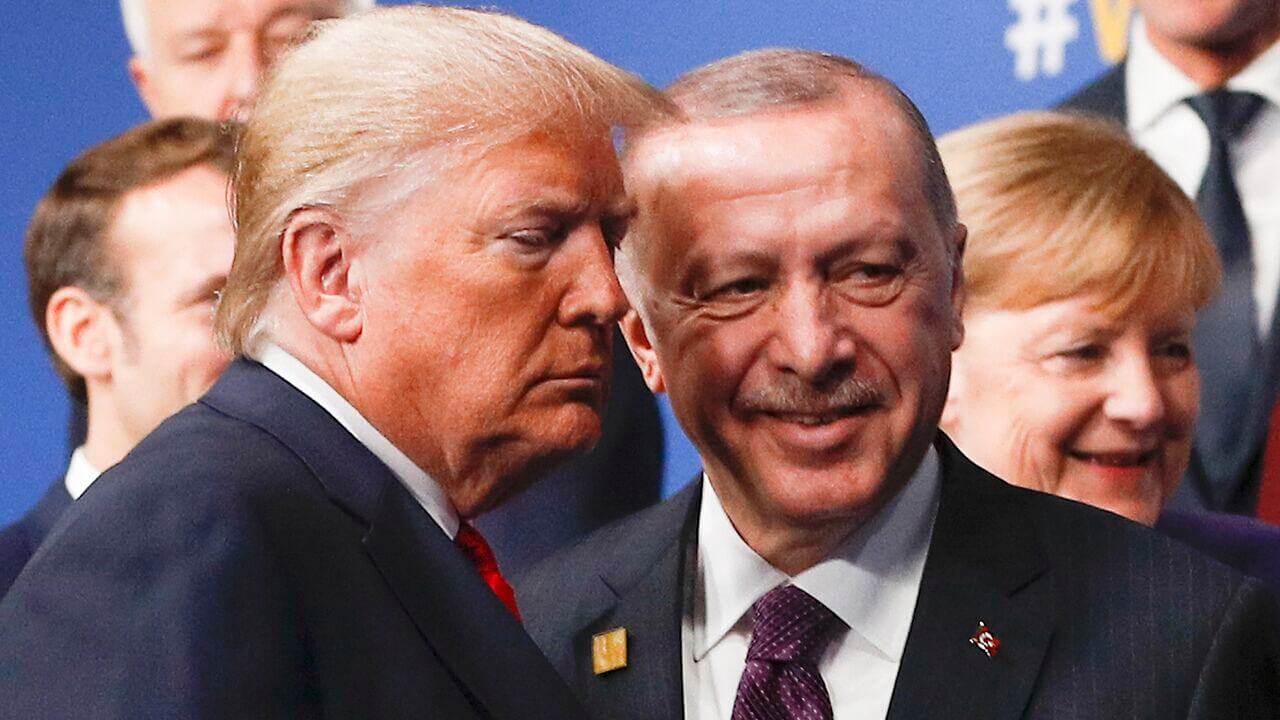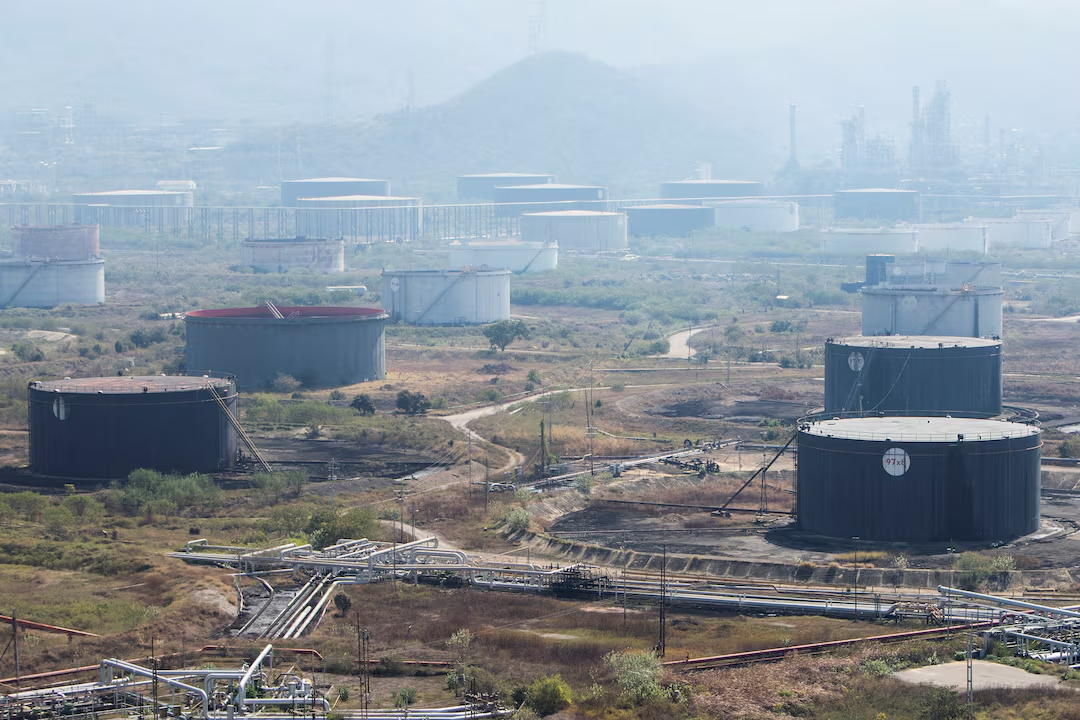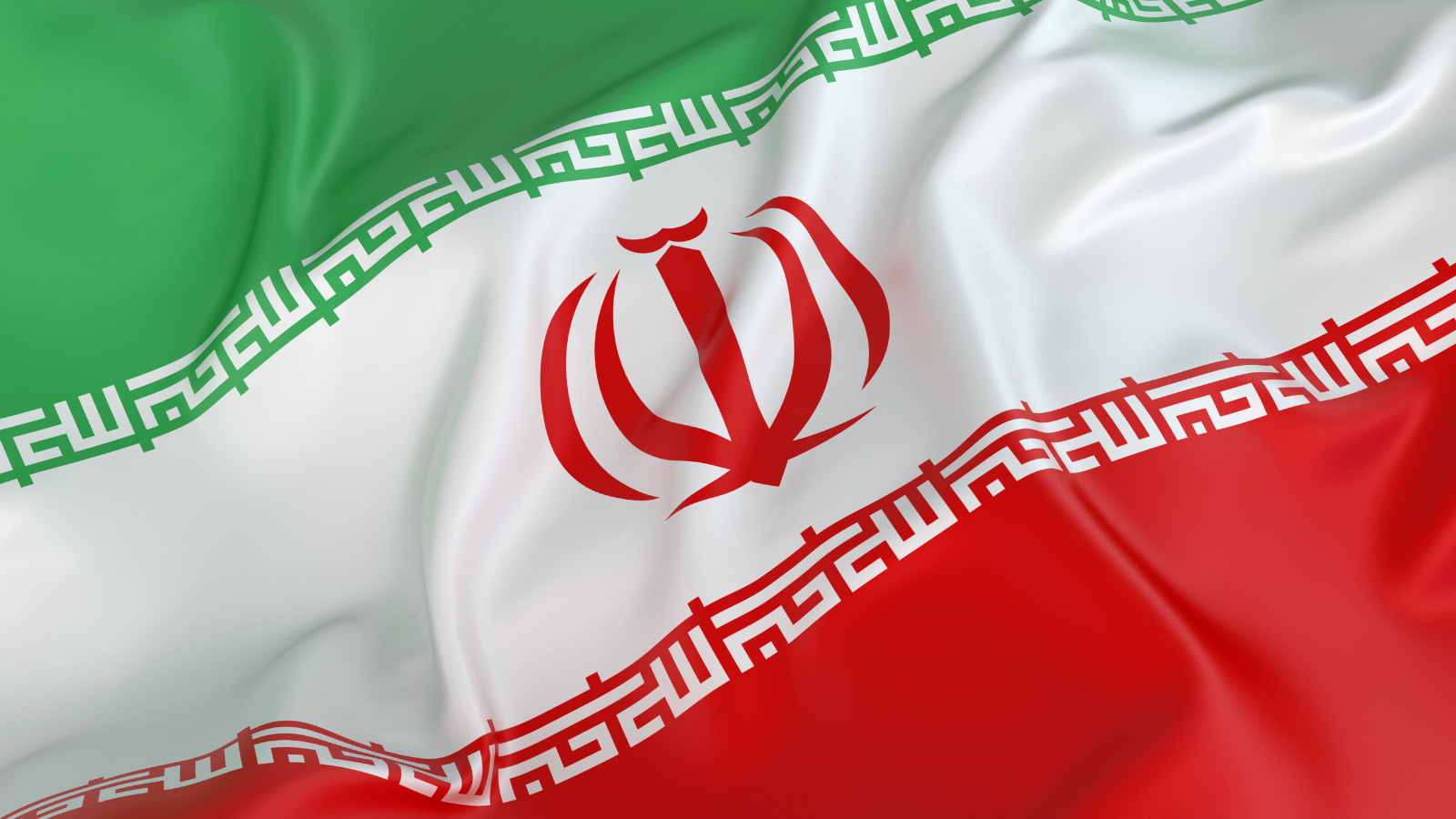Donald Trump’s return to the White House and radical decisions is not just an American story. It’s the possible unraveling of the post-war international order—accelerated by the very nation that once built and upheld it.
This is not about mending a broken system. Trumpism is a project to tear it down. Whether this comes through an official withdrawal from NATO, the erosion of the World Trade Organization, or the sidelining of international law, the consequences are global. A second Trump presidency has accelerated fragmentation, undermined rules-based cooperation, and empowered transactional geopolitics.
In this unfolding new (dis)order, Türkiye cannot afford to be a bystander. Neither can Europe, the US, nor other major actors afford to treat Türkiye as a secondary player in this new era. Türkiye is not merely a bridge between East and West—it is potentially the architect of a new regional balance. But to play that role, it must think and act like a chess grandmaster—not like a backgammon player hoping for lucky dice.
The following questions—and their strategic implications—must be urgently addressed in Ankara, Brussels, Washington, and beyond.
1. Who will lead—or even manage—the world in a post-American order?
If the US abdicates its global leadership role, and international institutions falter, who will rise to fill the gap?
The world’s geopolitical centre of gravity is shifting. China offers infrastructure, the EU offers regulation, and the Global South demands voice. Türkiye must ask: will it align with a power bloc, act as a swing power, or help build a new coalition of middle powers?
2. What happens to Türkiye’s security architecture if NATO crumbles?
Can Türkiye defend its interests without the NATO umbrella—and should it trust emerging European security concepts?
If Trump weakens or withdraws from NATO, Türkiye must be ready to pivot. Can it develop credible deterrence? Will European-led security frameworks accommodate Türkiye—or marginalize it further? What partnerships (e.g. UK, Italy, Poland, Gulf States, Israel) can complement its strategic autonomy?
3. What replaces international law when it no longer restrains or protects?
If international law is devalued, how will Türkiye sustain its maritime claims and territorial interests?
In the Eastern Mediterranean, Aegean, Black Sea, and Cyprus, Türkiye’s claims rely in large measure on international law. If that framework collapses, Ankara must build leverage through power, strategic partnerships, and regional influence.
4. Is the US-China divide a geopolitical opportunity—or a dangerous trap?
Can Türkiye position itself as a resilient corridor between West and East, or will it be squeezed into irrelevance?
As global supply chains realign, Türkiye could emerge as a hub—linking Europe, Central Asia, the Caucasus, and the Middle East. But it must move quickly. The choice is between being a corridor of value or a buffer zone at the mercy of rival empires.
5. Where does Türkiye stand in the climate crisis as the US retreats?
Can Türkiye lead a regional green transformation—or will it fall behind the curve?
With Trump pulling the US out of global climate commitments again, Türkiye must ask: is its Green Deal alignment with the EU merely transactional—or a real pivot to sustainability? Is it ready to innovate in clean energy, carbon markets, and green infrastructure?
6. If America is no longer a reliable ally, where should Türkiye invest its strategic capital?
Should it focus on defense autonomy, trade diversification, or technology sovereignty?
Türkiye must identify its real priorities—and partners. From the Eastern Med to the Gulf, from Central Asia to the Balkans, it can no longer rely on inconsistent Western support. Should it continue deepening ties with Turkic states, Gulf partners, or non-Western institutions like the SCO and BRICS?
7. Can Türkiye emerge as a regional stabilizer amid a collapsing Middle East order?
Now that Assad collapsed and Iran becomes the next target, what role will Türkiye play?
Ankara must weigh a potential strategic corridor from Nakhchivan through northern Iran to Central Asia, enabled by its Turkic kin and by recalibrated partnerships. Will it seize this opportunity or be distracted by internal fragilities?
8. What is Türkiye’s game plan for the future of the Turkish Republic of Northern Cyprus (TRNC)?
Without legal frameworks or strong Western support, how can Türkiye guarantee its strategic presence in Cyprus?
Ankara must not merely defend—but define—the TRNC’s future. This involves proactive diplomacy, economic development, and new security guarantees, potentially involving Israel, the UK, and Gulf states.
A Call to the West: Treat Türkiye as a Player, Not a Pawn
For too long, Western capitals have treated Türkiye as either a troublemaker to manage or a transactional partner to exploit. That era must end.
If the US and EU want Türkiye to help stabilize the Middle East, support Ukraine, counterbalance Russia, and curb Chinese influence, they must engage Ankara with respect and strategic depth. Türkiye is not just a gatekeeper for refugees or a customer for weapons. It is a potential game maker.
A Türkiye that is empowered—economically, technologically, diplomatically—can be the West’s strongest asset in a fractured world. A Türkiye that is isolated or mistrusted will act accordingly—and could become the West’s greatest missed opportunity.
The Chessboard Awaits
Türkiye now stands at a crossroads. The global order is not being transformed—it is being dismantled. The pieces are in motion. The old rules no longer apply. This is not the time for improvisation or nostalgia.
Türkiye’s leaders must think several moves ahead. The next decade will define not only Türkiye’s regional role but its place in a reordered world. Ankara must not wait for the world to define its role—it must write its own playbook and make sure its political and economic fragility at home will be rectified sooner than later.
Will Türkiye be a bridge, a buffer, or a builder of a new order?
The choice is Ankara’s to make—and the West’s to recognize and support.
Trump 2.0 and the Collapse of the Global Order: Türkiye to Play Chess, Not Backgammon
By Mehmet Öğütçü
Donald Trump’s return to the White House and radical decisions is not just an American story. It’s the possible unraveling of the post-war international order—accelerated by the very nation that once built and upheld it.
This is not about mending a broken system. Trumpism is a project to tear it down. Whether this comes through an official withdrawal from NATO, the erosion of the World Trade Organization, or the sidelining of international law, the consequences are global. A second Trump presidency has accelerated fragmentation, undermined rules-based cooperation, and empowered transactional geopolitics.
In this unfolding new (dis)order, Türkiye cannot afford to be a bystander. Neither can Europe, the US, nor other major actors afford to treat Türkiye as a secondary player in this new era. Türkiye is not merely a bridge between East and West—it is potentially the architect of a new regional balance. But to play that role, it must think and act like a chess grandmaster—not like a backgammon player hoping for lucky dice.
The following questions—and their strategic implications—must be urgently addressed in Ankara, Brussels, Washington, and beyond.
1. Who will lead—or even manage—the world in a post-American order?
If the US abdicates its global leadership role, and international institutions falter, who will rise to fill the gap?
The world’s geopolitical centre of gravity is shifting. China offers infrastructure, the EU offers regulation, and the Global South demands voice. Türkiye must ask: will it align with a power bloc, act as a swing power, or help build a new coalition of middle powers?
2. What happens to Türkiye’s security architecture if NATO crumbles?
Can Türkiye defend its interests without the NATO umbrella—and should it trust emerging European security concepts?
If Trump weakens or withdraws from NATO, Türkiye must be ready to pivot. Can it develop credible deterrence? Will European-led security frameworks accommodate Türkiye—or marginalize it further? What partnerships (e.g. UK, Italy, Poland, Gulf States, Israel) can complement its strategic autonomy?
3. What replaces international law when it no longer restrains or protects?
If international law is devalued, how will Türkiye sustain its maritime claims and territorial interests?
In the Eastern Mediterranean, Aegean, Black Sea, and Cyprus, Türkiye’s claims rely in large measure on international law. If that framework collapses, Ankara must build leverage through power, strategic partnerships, and regional influence.
4. Is the US-China divide a geopolitical opportunity—or a dangerous trap?
Can Türkiye position itself as a resilient corridor between West and East, or will it be squeezed into irrelevance?
As global supply chains realign, Türkiye could emerge as a hub—linking Europe, Central Asia, the Caucasus, and the Middle East. But it must move quickly. The choice is between being a corridor of value or a buffer zone at the mercy of rival empires.
5. Where does Türkiye stand in the climate crisis as the US retreats?
Can Türkiye lead a regional green transformation—or will it fall behind the curve?
With Trump pulling the US out of global climate commitments again, Türkiye must ask: is its Green Deal alignment with the EU merely transactional—or a real pivot to sustainability? Is it ready to innovate in clean energy, carbon markets, and green infrastructure?
6. If America is no longer a reliable ally, where should Türkiye invest its strategic capital?
Should it focus on defense autonomy, trade diversification, or technology sovereignty?
Türkiye must identify its real priorities—and partners. From the Eastern Med to the Gulf, from Central Asia to the Balkans, it can no longer rely on inconsistent Western support. Should it continue deepening ties with Turkic states, Gulf partners, or non-Western institutions like the SCO and BRICS?
7. Can Türkiye emerge as a regional stabilizer amid a collapsing Middle East order?
Now that Assad collapsed and Iran becomes the next target, what role will Türkiye play?
Ankara must weigh a potential strategic corridor from Nakhchivan through northern Iran to Central Asia, enabled by its Turkic kin and by recalibrated partnerships. Will it seize this opportunity or be distracted by internal fragilities?
8. What is Türkiye’s game plan for the future of the Turkish Republic of Northern Cyprus (TRNC)?
Without legal frameworks or strong Western support, how can Türkiye guarantee its strategic presence in Cyprus?
Ankara must not merely defend—but define—the TRNC’s future. This involves proactive diplomacy, economic development, and new security guarantees, potentially involving Israel, the UK, and Gulf states.
A Call to the West: Treat Türkiye as a Player, Not a Pawn
For too long, Western capitals have treated Türkiye as either a troublemaker to manage or a transactional partner to exploit. That era must end.
If the US and EU want Türkiye to help stabilize the Middle East, support Ukraine, counterbalance Russia, and curb Chinese influence, they must engage Ankara with respect and strategic depth. Türkiye is not just a gatekeeper for refugees or a customer for weapons. It is a potential game maker.
A Türkiye that is empowered—economically, technologically, diplomatically—can be the West’s strongest asset in a fractured world. A Türkiye that is isolated or mistrusted will act accordingly—and could become the West’s greatest missed opportunity.
The Chessboard Awaits
Türkiye now stands at a crossroads. The global order is not being transformed—it is being dismantled. The pieces are in motion. The old rules no longer apply. This is not the time for improvisation or nostalgia.
Türkiye’s leaders must think several moves ahead. The next decade will define not only Türkiye’s regional role but its place in a reordered world. Ankara must not wait for the world to define its role—it must write its own playbook and make sure its political and economic fragility at home will be rectified sooner than later.
Will Türkiye be a bridge, a buffer, or a builder of a new order?
The choice is Ankara’s to make—and the West’s to recognize and support.








